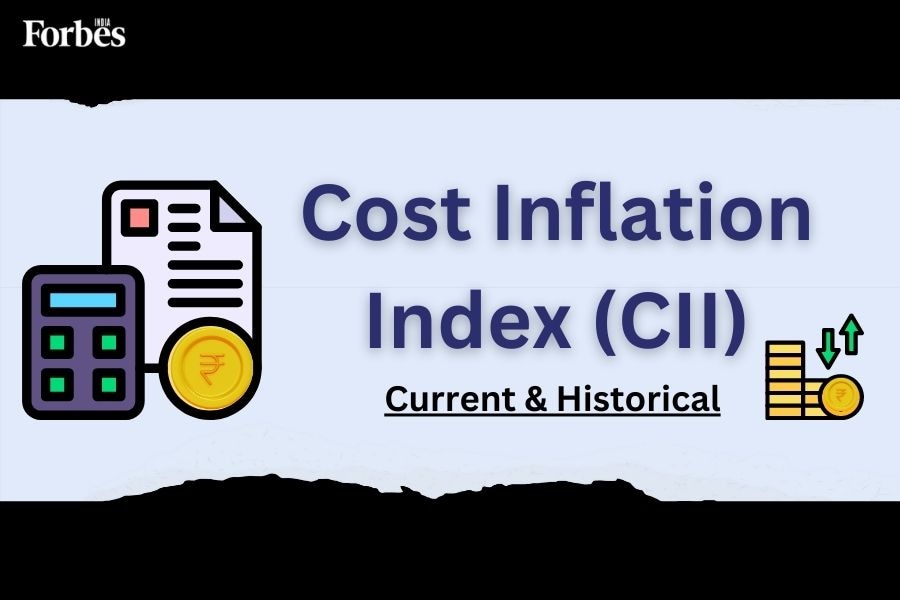
Cost inflation index (CII) for FY 2023-24 to calculate capital gains
Want to understand how the Cost Inflation Index impacts your capital gains? This comprehensive guide breaks it down in simple terms

The Cost Inflation Index (CII) is a measure used by the Income Tax Department of India to account for inflation when calculating long-term capital gains on the sale of assets. It is a critical tool for taxpayers as it helps reduce the tax burden on capital gains by adjusting the asset's purchase price for inflation
Understanding the Cost Inflation Index is important for anyone dealing with assets that can appreciate over time. This measure allows you to accurately calculate your capital gains and the tax due on them, ensuring you don't pay more tax than necessary.
Adjusting the acquisition cost for inflation reduces the capital gains, thereby reducing the tax liability. This is particularly beneficial for assets held for a long period.
Cost Inflation Index for the Financial Year 2023-24
The CBDT (Central Board of Direct Taxes) releases the CII annually to help calculate the indexed acquisition cost for assets sold during the financial year. The Cost Inflation Index (CII) for the financial year 2023-24 is 348.




